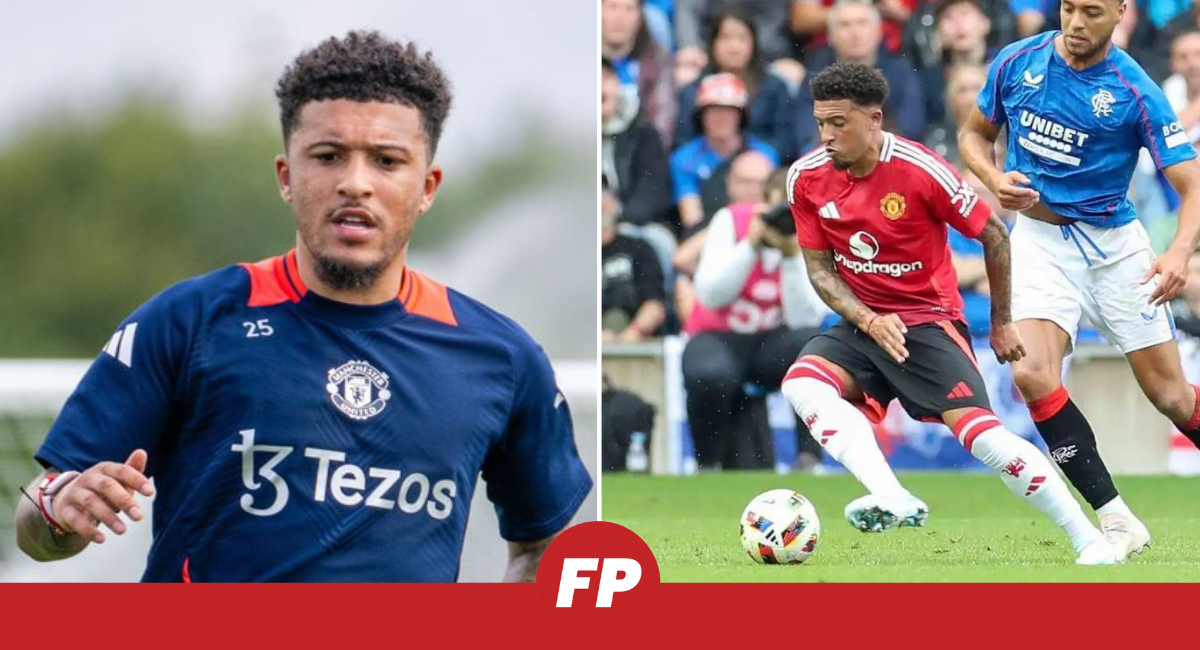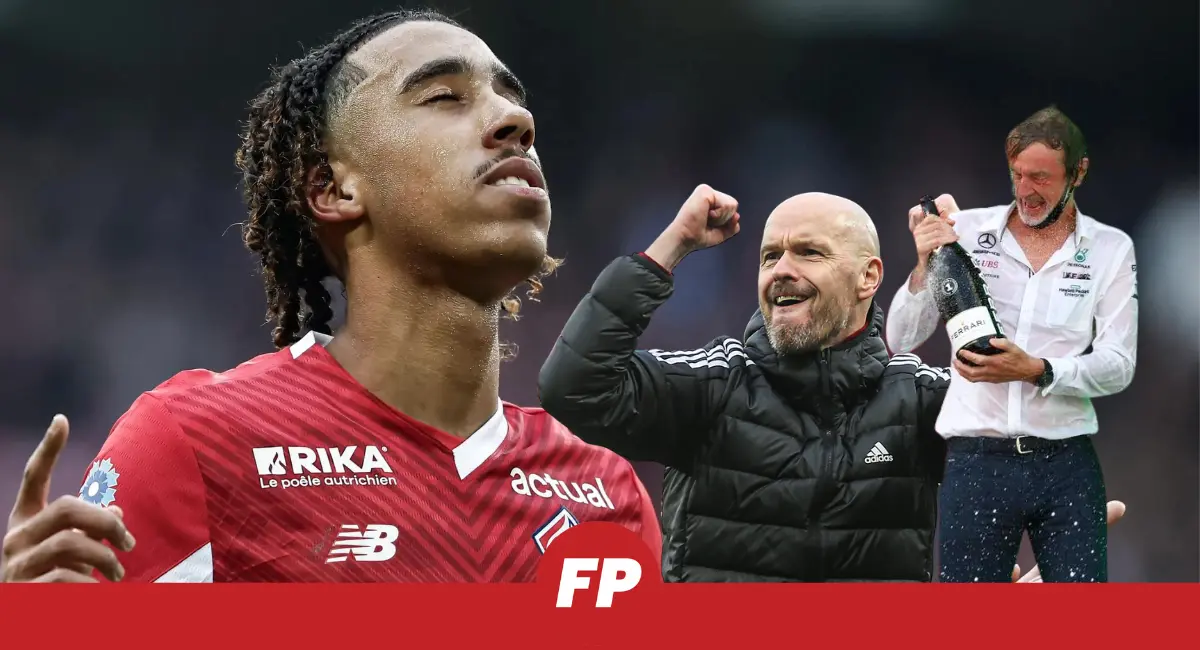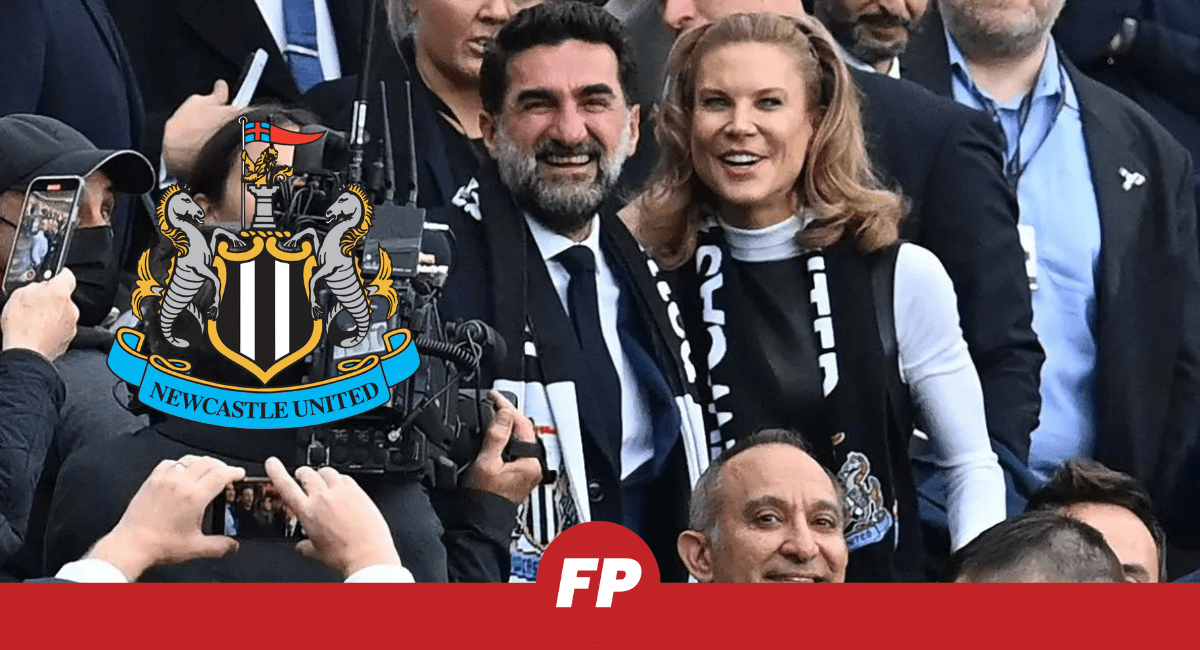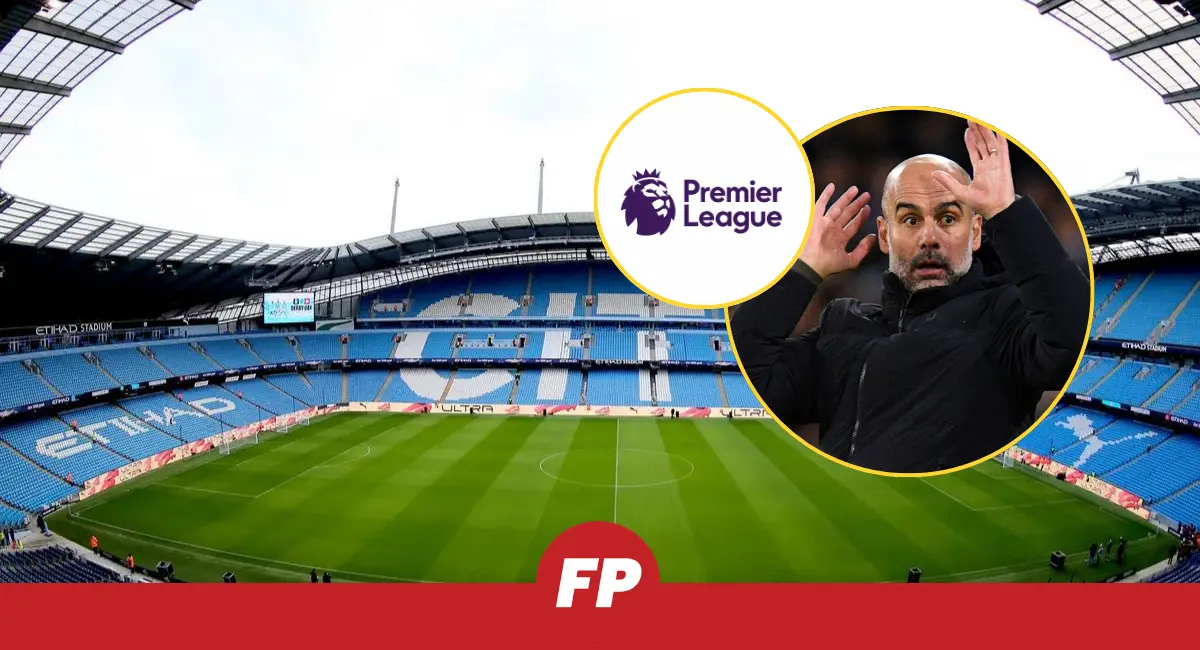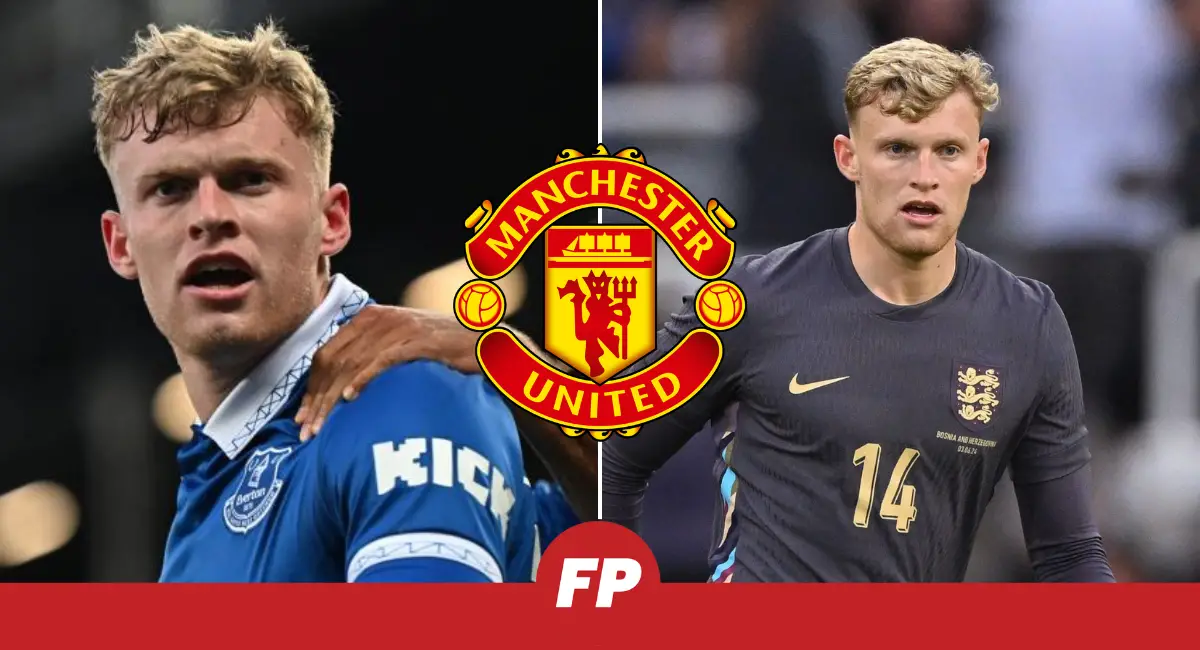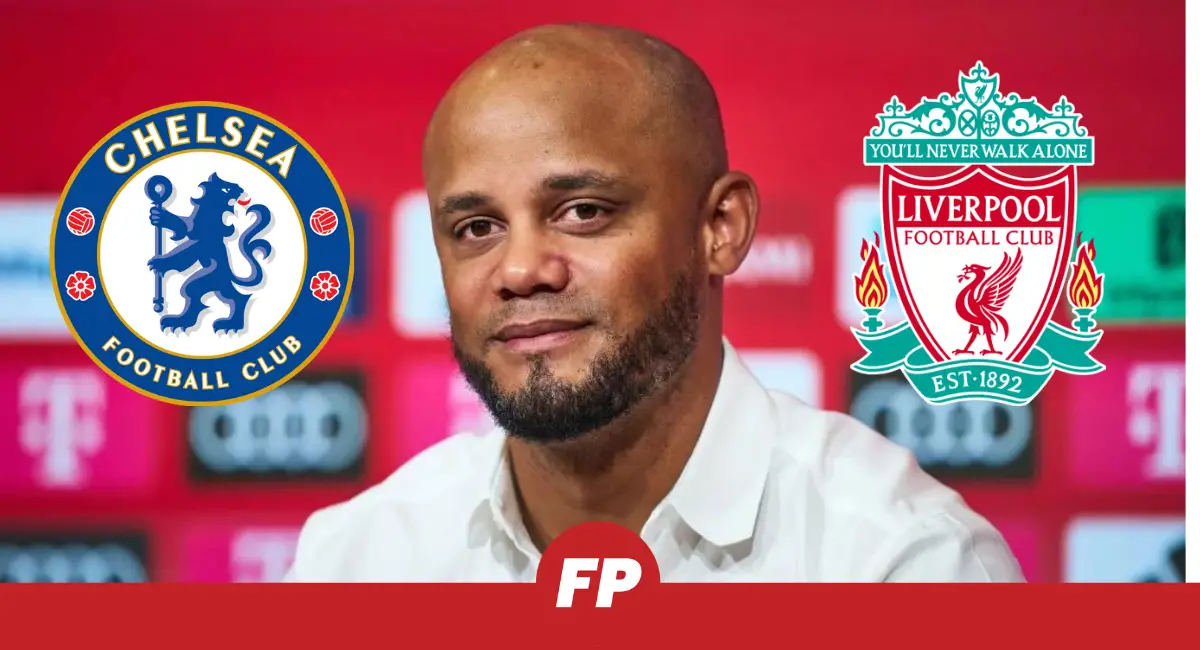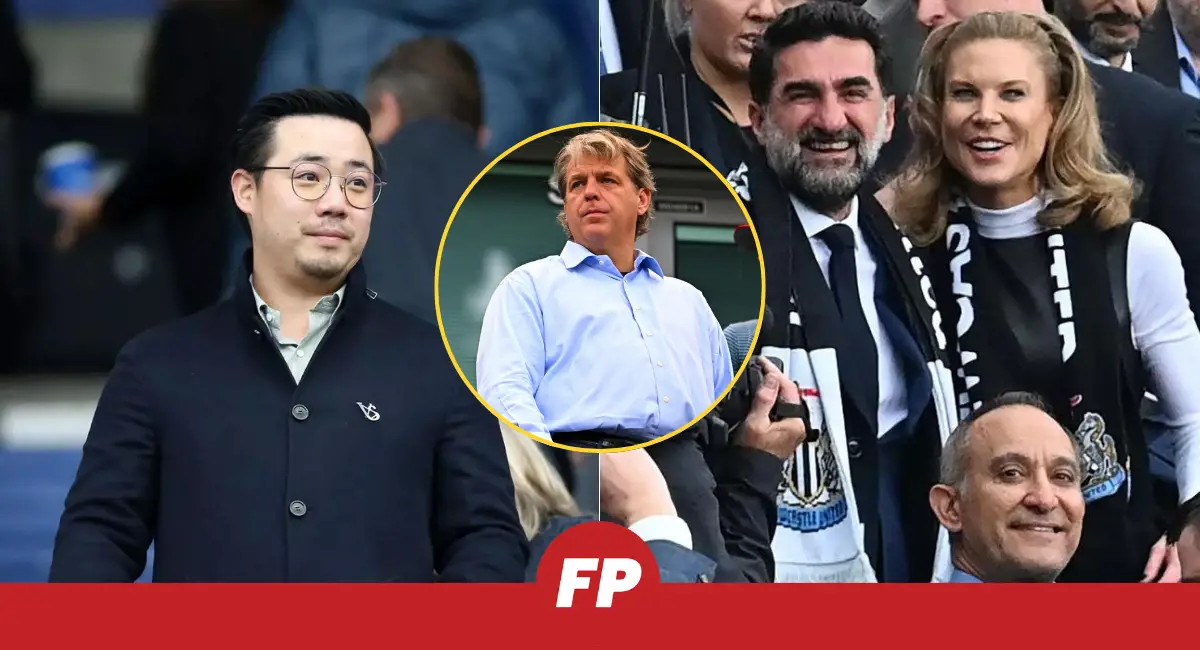Manchester City’s ongoing battle with the Premier League over spending regulations has garnered sympathy from several other clubs, highlighting the growing divide within English football’s top tier.
As the champions prepare for a crucial hearing on Monday, it’s becoming clear that their grievances are not isolated.
Chelsea, Aston Villa, Newcastle, and Everton are among the clubs that believe City has valid concerns about the rules limiting how much companies linked to club owners can invest in sponsorship deals.
Chelsea’s Stand Against the Rules
Chelsea has taken a formal stance against the updated Associated Party Transactions (APT) rules, particularly regarding multi-club ownership.
The Blues argue that these regulations unfairly restrict financial flexibility and investment opportunities, which are crucial for maintaining competitive balance and growth in the Premier League.
Chelsea’s statement reflects a broader frustration shared by clubs with significant financial backing and intricate ownership structures.
Aston Villa’s Frustrations and Strategic Alliances
Aston Villa’s co-owner, Egyptian billionaire Nassef Sawiris, is reportedly in close alignment with City chairman Khaldoon Al Mubarak.
Sawiris shares the sentiment that the current spending limits are overly restrictive and hinder the ability of clubs to leverage their financial resources effectively.
Villa’s position underscores the solidarity among clubs with ambitious investment plans and highlights the challenges they face under the current regulatory framework.
Newcastle’s Quiet Support
Newcastle United has abstained from recent votes on the matter but is understood to be sympathetic to City’s position.
The Saudi-owned club, which recently secured a shirt sponsorship deal with Saudi events management firm Sela, stands to benefit significantly if City succeeds in overturning the APT rules.
A victory for City would likely be seen as a positive outcome for Newcastle, facilitating more substantial sponsorship deals and further investment.
Everton’s Alignment with City
Everton has also shown support for City’s concerns, indicating a broader coalition of clubs that view the spending rules as a barrier to growth and competitiveness.
Everton’s position reinforces the notion that the dispute is not merely about City’s interests but touches on broader issues affecting multiple clubs within the league.
Opposition from Other Clubs
On the other side of this contentious issue, between 10 and 12 clubs have expressed their support for the Premier League’s regulations.
This group, which includes heavyweights such as Manchester United, Arsenal, Fulham, Wolves, Brighton, and Tottenham, has provided information and even witness statements to back the current rules.
These clubs argue that the spending limits are essential for maintaining financial fair play and preventing undue influence from wealthy owners.
A League Divided
The conflict is being viewed as a civil war within the Premier League, pitting clubs with substantial financial backing against those advocating for stricter financial controls.
The outcome of Monday’s hearing could have far-reaching implications for the future of financial regulation in English football.
If City’s challenge is successful, it may pave the way for more lenient spending rules, allowing clubs with wealthy owners to invest more heavily in sponsorships and other financial avenues.
Conversely, if the Premier League’s regulations are upheld, it will reinforce the current system aimed at promoting financial fair play and limiting the influence of money in determining football success.
As the hearing approaches, all eyes will be on the Premier League and its clubs, waiting to see how this high-stakes dispute will unfold and shape the future landscape of English football.



